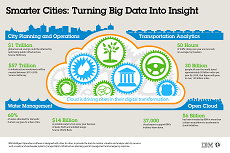November 29, 2013
Technology means UK small business owners are unable to switch off, says report
 Nearly half of the UK’s small business owners feel unable to ever get away completely from work, according to a new report from Lloyds Bank. The survey, published in the bank’s Small Business Report found that 47 percent of microbusiness owners and sole traders feel unable to completely switch off from work due to their reliance on technology to operate. More than two fifths (41 percent) work longer hours to keep up according to the report from Lloyds, which has itself recently been accused by the Government of deliberately forcing small businesses under. According to the survey, over two thirds (70 percent) of small businesses are concerned that their commercial health will suffer if they neglect their online presence.
Nearly half of the UK’s small business owners feel unable to ever get away completely from work, according to a new report from Lloyds Bank. The survey, published in the bank’s Small Business Report found that 47 percent of microbusiness owners and sole traders feel unable to completely switch off from work due to their reliance on technology to operate. More than two fifths (41 percent) work longer hours to keep up according to the report from Lloyds, which has itself recently been accused by the Government of deliberately forcing small businesses under. According to the survey, over two thirds (70 percent) of small businesses are concerned that their commercial health will suffer if they neglect their online presence.
























November 25, 2013
How a 70 year old happiness model is still helping us to define wellness
by Mark Eltringham • Comment, Workplace
More →